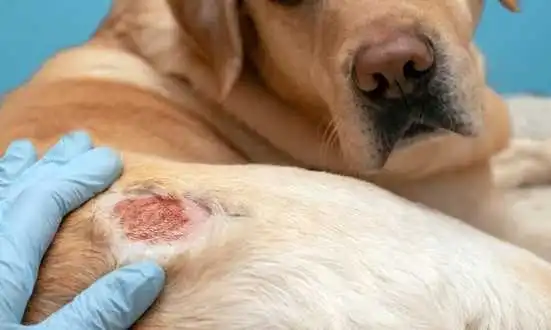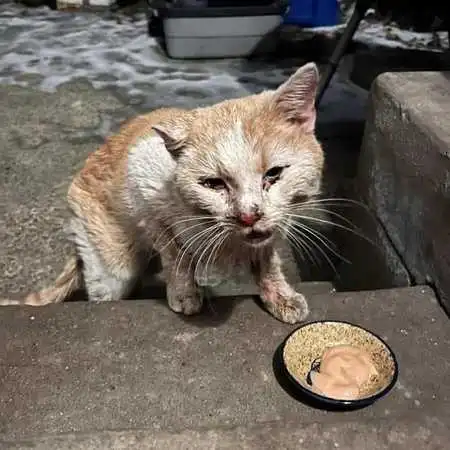Learning about the top pet health concerns helps you respond more effectively, reducing the need for emergency treatment. Our pets can’t tell us when something’s wrong, and many instinctively hide signs of pain or illness; therefore, it’s up to us to recognize these signs. Unlike humans, they may not cry out, limp, or show clear discomfort until a problem becomes serious. Instead, the earliest clues are often subtle, such as a change in appetite, altered sleep patterns, or low energy levels.
Symptoms of Top Pet Health Concerns
Knowing what to look out for can help you detect pets‘ illnesses early. Here are typical signs that your pet may be facing a health issue:

Physical Symptoms
- Excessive scratching leading to hair loss
- Limping that results in reduced mobility
- Abnormal posture affecting balance and coordination
- Visible parasites on pet skin
Behavioral Changes
- Withdrawal from interaction
- Guarding a specific body part
- Restlessness or pacing
- Changes in sleep or mood
Appetite & Digestion
- Refusal to eat or drink, leading to weight loss or dehydration
- Constipation, diarrhea, and vomiting
- Blood in urine
Respiratory Issues
- Coughing and sneezing
- Difficulty breathing or wheezing
- Nasal discharge and excessive salivation
If you notice any of these symptoms, it could be an early sign of a serious health concern, and it’s best to consult your veterinarian promptly.
What Causes Top Pet Health Concerns?
Here are some of the most common causes of pet health issues:

- Poor Diet: Feeding your pet a low-quality diet can lead to weight gain, diabetes, skin conditions, or digestive troubles. What your pet eats matters.
- Lack of Exercise: Without enough activity, pets can become overweight, develop joint issues, or show signs of boredom.
- Poor Hygiene: Dirty paws, unwashed bedding, or infrequent grooming can invite parasites and infections. A clean pet (and home) makes a big difference.
- Stressful Environments: Loud noises, sudden changes, or lack of stimulation can weaken your pet’s immune system. Pets thrive in safe, stable, and loving spaces.
- Skipped Vet Visits: Regular checkups and vaccinations are your pet’s best defense against preventable diseases. Skipping them can leave your pet vulnerable to serious health problems.
- Household Hazards: Everyday items like chocolate, certain houseplants, medications, or small plastic toys can be dangerous, even deadly, if your pet eats them.
By understanding these causes, you can better safeguard your pet’s health.
Preventing Common Pet Health Problems
Prevention is always better than treatment. Here are some keyways to keep your pet healthy and reduce the risk of illness:
- Schedule Regular Vet Visits: Annual wellness exams can catch health issues early, even when your pet appears perfectly healthy.
- Practice Parasite Control: Use vet-approved flea, tick, and worm preventatives consistently.
- Provide a Balanced Diet: Feed age-appropriate, high-quality food.
- Maintain Hygiene: Bathe and clean your pet’s bedding regularly.
- Monitor Behavior: Stay alert to small behavioral shifts; they’re often the first signs that something is wrong.
- Ensure Regular Exercise: Keep your pet physically and mentally active to prevent obesity and anxiety.
- Spay or Neuter: Helps reduce the risk of certain cancers and behavioral problems.

Conclusion
By learning to recognize the symptoms and causes of common pet health problems, you can ensure quicker treatment, better outcomes, and a happier life for your pet. Stay observant, stay informed.





